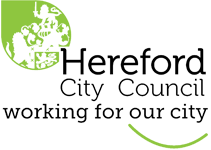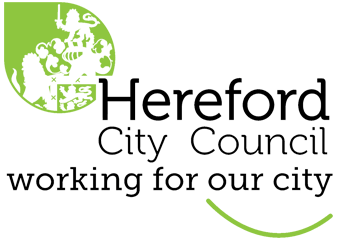The birthplace of
Nell Gwynne
Nell Gwyn (1650-1687) was one of the first generation of actresses and certainly the most celebrated. Her birthplace is uncertain, but there is a long-standing tradition that she was born in Hereford, in a house in Pipe Well Lane, later named Gwynne Street. Her grandfather, who is said to have come from Hereford, was a churchman who became a canon of Christ Church in Oxford. Her father was an army captain, who probably fought on the Royalist side in the Civil War and left Oxford on the Royalist defeat. He returned – the story goes – to his father’s home town of Hereford, where he became a brewer, and it was here that his daughter Nell was born. She and her sister went to live in London – in Covent Garden – with their mother, both sisters being put to work selling fruit and vegetables from barrows, or possibly serving drinks in a brothel. In 1671 the mother was apparently drowned in the Thames while intoxicated. Meanwhile Nell, with the gift for mimicry and repartee, was chosen to sell oranges – the 17th-century equivalent of ice cream or popcorn – at the Theatre Royal, Drury Lane, under the management of Thomas Killigrew. Nell Gwyn must have been a very attractive girl, with exquisite legs, a dainty figure, and beautiful reddish-brown hair. Her infectious high spirits, combined with recklessness, generosity, and a ready wit, appealed to a generation reacting to the rigours of puritanism with a determination to escape to enjoy themselves. Selling oranges in the pit, she would have mixed with a relatively smart set of people. She first appeared on stage in 1665, at the age of 15, playing the role of Cydaria in Dryden’s ‘The Indian Emperor’. Samuel Pepys was highly taken with Nell Gwyn and speaks of her in his diaries.


Nell achieved her greatest success, playing the ‘breeches part’ of the seductive Florimell in Dryden’s ‘Secret Love’. Nell came to the attention of Charles ll in 1667. Nell remained at Drury Lane until 1670 with the exception of the plague years 1665 & 1667, when all the theatres were closed. Her first son, by the King, was born in 1670 in Lincoln’s Inn Fields. The baby was named Charles Beauclerk, and given the titles Baron Headington and Earl of Burford. Later, in 1684, he was created Duke of St Albans. The King gave Nell the freehold of a house in Pall Mall. She became an important political hostess. Tradition has it that she persuaded the King to set up the Chelsea Hospital, the uniforms of its pensioners modelled on those of the Coningsby Hospital in Hereford. Nell’s second son by the King was born on Christmas Day 1671, but died in 1680. Her Grandson, James Beauclerk, was later to become Bishop of Hereford, but Nell is unlikely to have visited Hereford as an adult. After the death of Charles ll she bought an estate in Nottinghamshire and seems to have spent her last years in comfort.
Extract from ‘ A History of Theatres & Performers in Herefordshire’ by Robin Haig (Logaston Press)


